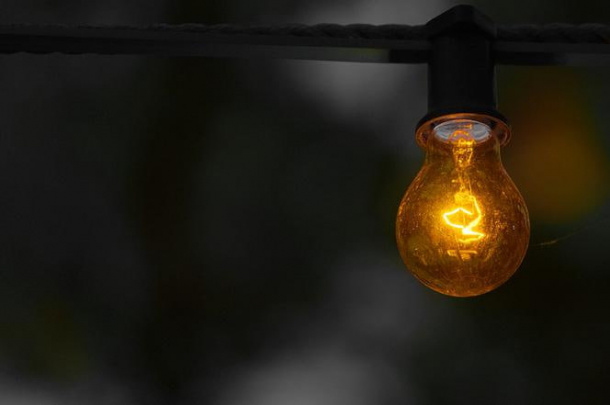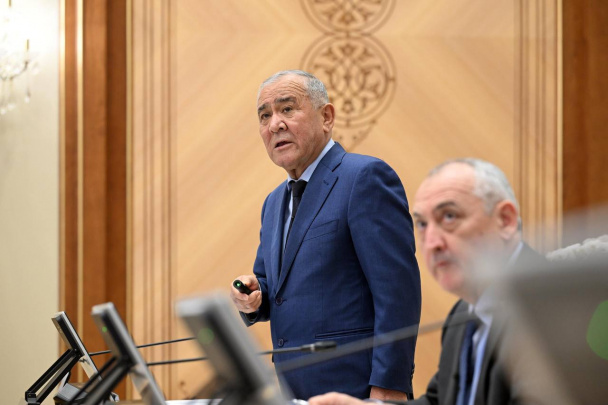Boysun residents demand urgent action as toxic gas threatens health
Residents of the Shirınobod neighborhood in Boysun are calling for immediate government assistance as they grapple with hazardous gas emissions from a nearby gas field. The situation has become increasingly alarming, with reports of rising gas levels and instances of poisoning among the local population. As winter approaches, fears about how to cope with the season have heightened.
For over 40 days, the "M25" gas well in Boysun has been leaking toxic gas, which contains high levels of hydrogen sulfide. This hazardous substance has not only affected Boysun but has also spread to surrounding districts, raising health concerns among residents.
Local inhabitants are demanding practical support and clear information from authorities. "When I smell gas, I can't go outside; I lose my focus," said Pirmatillo Eshonqulov, a long-time resident of Shirınobod, who has found it increasingly difficult to return home due to the noxious fumes. "I moved to Tashkent for my studies but hesitated to return home this week due to the gas odor, which smells like boiled eggs or sometimes mud. It makes you feel nauseous, yet you can't throw up."
Eshonqulov described witnessing distressing situations, including a neighbor’s daughter with asthma who had to be rushed to the hospital after suffering a severe reaction to the gas. Reports of children fainting at schools due to the gas have also surfaced, indicating a deteriorating health crisis in the area. "Despite our complaints, we feel unheard," he added.
Community member Qurbonali Holmurodov, a local baker, echoed these concerns, highlighting the increasing toxicity of the gas. "The smell has intensified compared to before. My daughter, who has asthma, has recently developed allergies after returning from treatment in Tashkent. She's been struggling to breathe," he stated.
Residents expressed frustration with government responses, particularly following Energy Minister Jurabek Mirzamakhmudov's comments on October 6, downplaying the situation as manageable. Eshonqulov countered, "The reality is far from what the minister claimed. His assessment is misleading, as he only spoke with local officials rather than the affected residents."
Many residents are now left wondering how they will survive the winter without adequate heating, as several neighborhoods, including Shirınobod, Bibishirin, Pasurhi, and others, lack proper gas supplies. "We're faced with the harsh question of how to heat our homes during the winter months," Eshonqulov lamented. "We have to rely on coal or alternative fuels, but the gas smell persists, making it difficult to breathe."
The health risks posed by the gas leak are exacerbated by the lack of effective governmental oversight. Residents have called for action from authorities, demanding transparency and accountability. "Why is no one held accountable for these gas emissions? Our atmosphere is being polluted, yet there is no response from officials," remarked Holmurodov.
As winter approaches, the community's concerns remain unaddressed, leaving many uncertain about how they will manage. The gas leak's duration and severity have raised alarms, and residents are left to wonder what the future holds. Minister Mirzamakhmudov had indicated that additional preparations for controlling the gas well might take another two to three days, but many fear that without decisive action, this issue could persist for months.
The situation in Boysun highlights a growing environmental and public health crisis that requires immediate governmental intervention to safeguard the well-being of its residents.
Related News

14:29 / 25.02.2026
Uzbekistan launches geological exploration at three oil and gas blocks in Afghanistan

12:37 / 25.02.2026
Gas issues overtake electricity as top energy complaint in 2025

13:37 / 24.02.2026
New gas condensate fields discovered as Uzbekneftegaz expands exploration

18:14 / 18.02.2026




